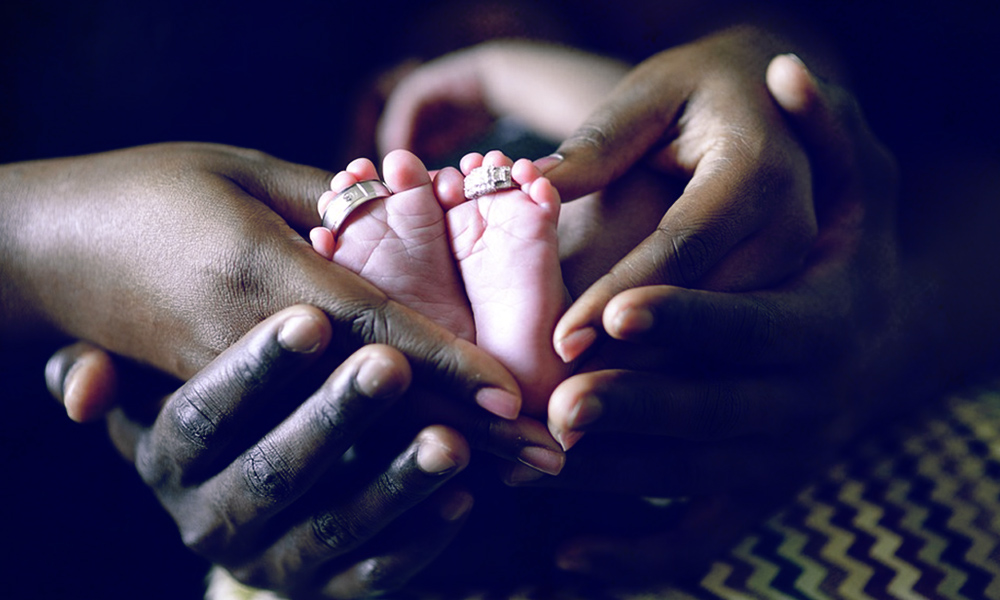
Sex Ratio Gets Worse With Birth Of Second, Third Child In Want Of Son: Study
Delhi, 9 March 2021 8:28 AM GMT
Editor : Rakshitha R |
Rakshitha an engineer turned passionate journalist with an inclination for poetry, creative writing, movies, fiction, mountains and seclusion. Not a part of the social process but existential.
Creatives : Rajath
A free spirit who find meaning in life with the virtue of creativity and doing job par its excellence, animal lover and traveller by heart.
Abhishek Singh, one of the lead researchers from India's International Institute for Population Sciences said at birth order 3 or higher, an increase in mother's schooling was associated with higher odds of a male birth.
A study conducted under National Family Health Survey-4 (2015-2016) has raised alarms about the skewed sex ratio (SRB) at birth which is getting worse with the second, third, or higher birth in India (ie, a couple's second, third or more children).
The analysis by India's International Institute for Population Sciences (IIPS) and the University of California San Diego's on Gender Equity and Health revealed that the SRB increased, ranging from 107.5 boys per 100 girls for birth order 1 to 112.3 boys per 100 girls for third borns and beyond. The study analysed more than 5.53 lakh births between 2015-16, reported The Times of India.
In normal cases, the SRB varies between 103 and 106 male births per 100 female births with the estimated global average value being 105.
The data published in an international journal 'Studies in Family Planning' confirmed that when community-level fertility was higher than 2.8 children per woman, the sex ratio at birth was a normal 103.7. But when fertility was 1.5 children per woman, then the sex ratio at birth reached 111.9.
Abhishek Singh, one of the lead researchers from IIPS said at birth order 3 or higher, an increase in mother's schooling was associated with higher odds of a male birth. The research also showed that the factors at work were desire for sons in the absence of a living male child.
He added, "The research shows that there is an increased interest in gender selection among small and rich households. The reason behind the increase in gender choice is the desire of the son. This increases the direction of involvement in illegal activities such as the determination of sex."
The study found that SRB in the absence of a surviving male sibling was 111.4, which was far above the biological normal level, and significantly different from SRB in the presence of a surviving male sibling (105.8, which is within normal limits).
According to the researchers, the sex ratio is deteriorating due to the birth of a second, third or more child in want of a son.
Also Read: Day After J&K Administration Detained 150 Refugees, Hundreds Of Rohingyas Leave Relief Camps
 All section
All section














